Cantabria includes port towns, natural beaches, mountains, and prehistoric caves. The region features Santander with its urban beaches, medieval villages like Santillana del Mar, the Altamira Caves with Paleolithic paintings, and the Picos de Europa National Park. The coastline alternates between cliffs and sandy beaches, while inland there are green valleys and traditional villages.
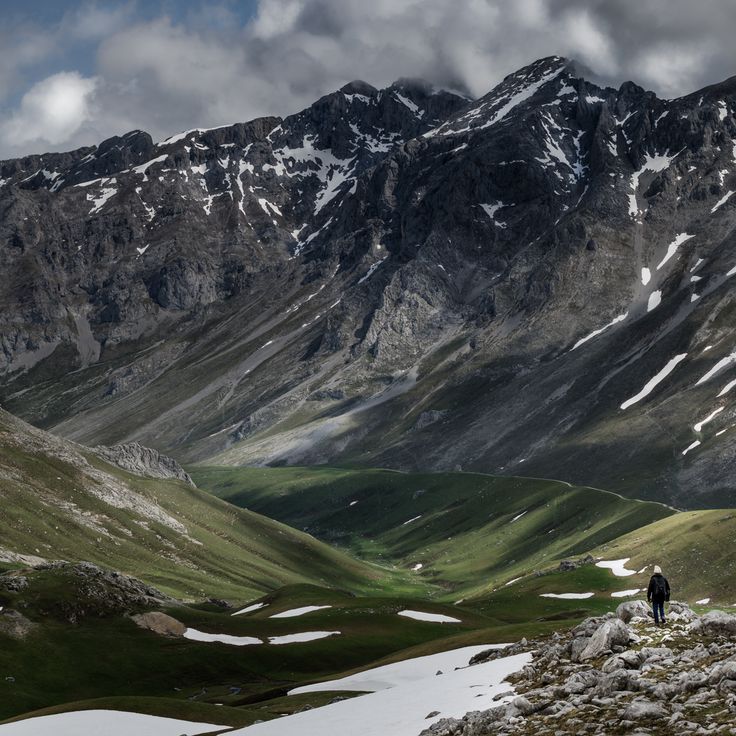
Cantabria, Spain
These mountains reach up to 2,650 meters in height and form a national park with gorges, forests, and lakes.
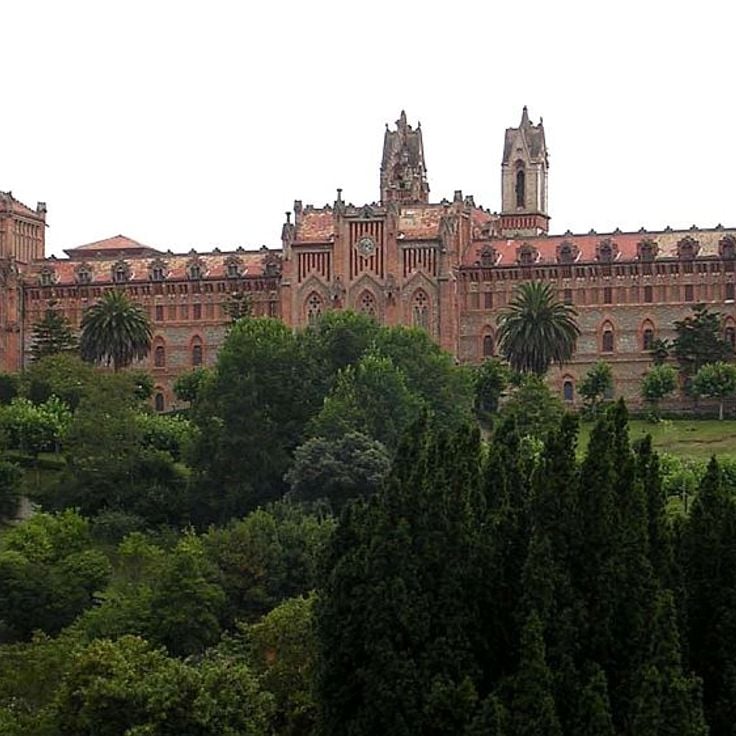
Comillas, Cantabria, Spain
A university center and town with important artistic heritage, including the Sobrellano Palace and several 19th-century Modernist buildings.
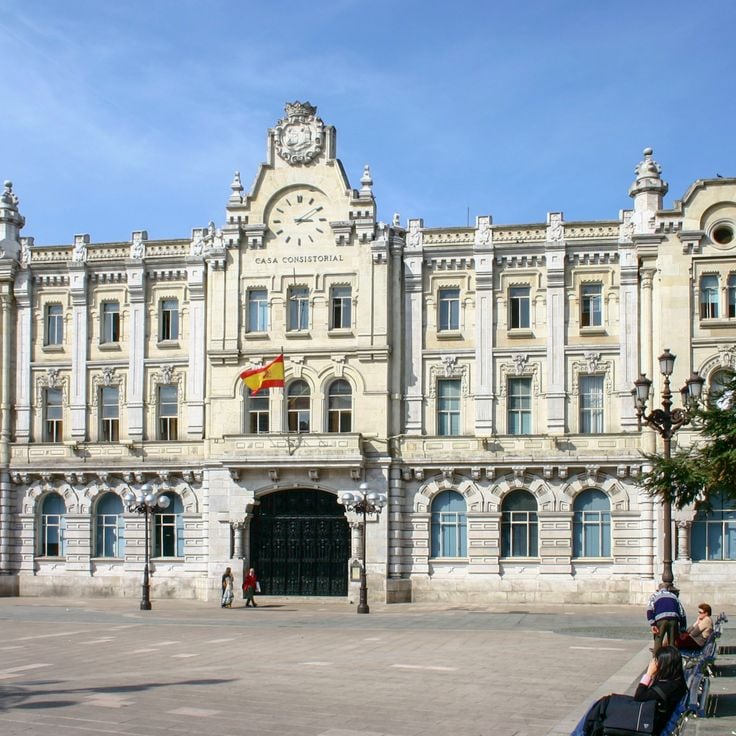
Santander, Cantabria, Spain
This port city is the administrative capital of Cantabria, featuring urban beaches and an active fishing port.
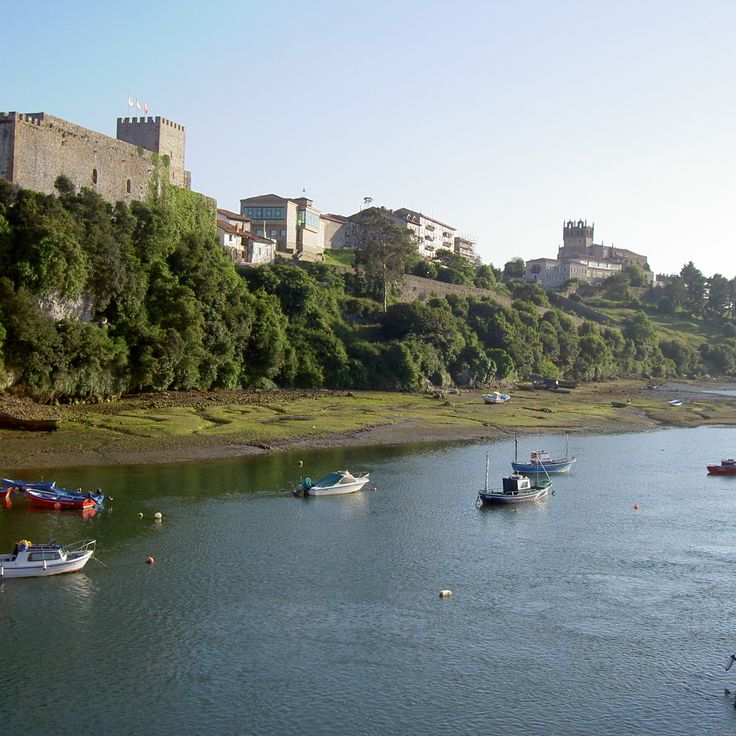
San Vicente de la Barquera, Cantabria, Spain
A traditional fishing port with a 13th-century castle, a Gothic church, and a medieval bridge with 28 arches spanning the estuary.
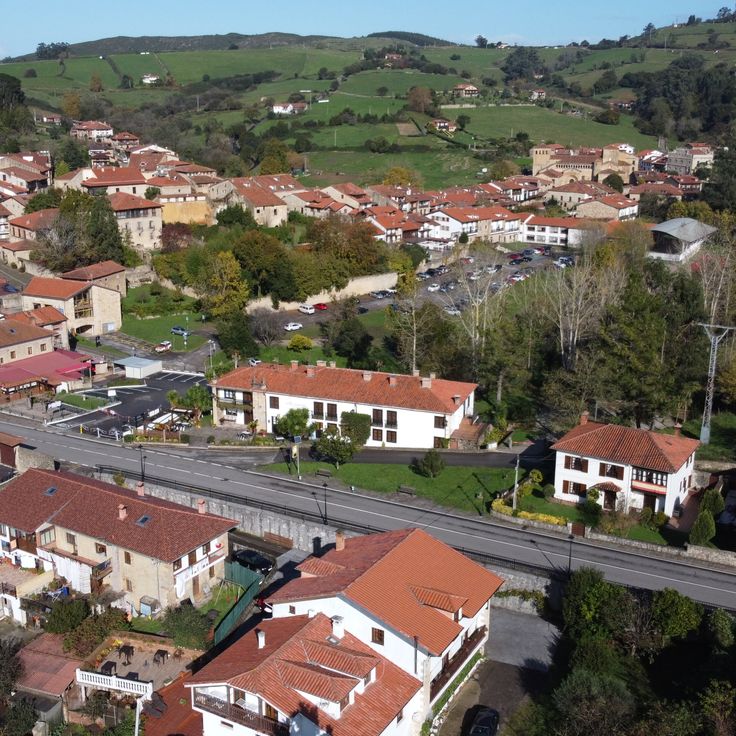
Santillana del Mar, Cantabria, Spain
This locality preserves stone buildings from the 14th and 15th centuries, as well as the Romanesque collegiate church of Santa Juliana.
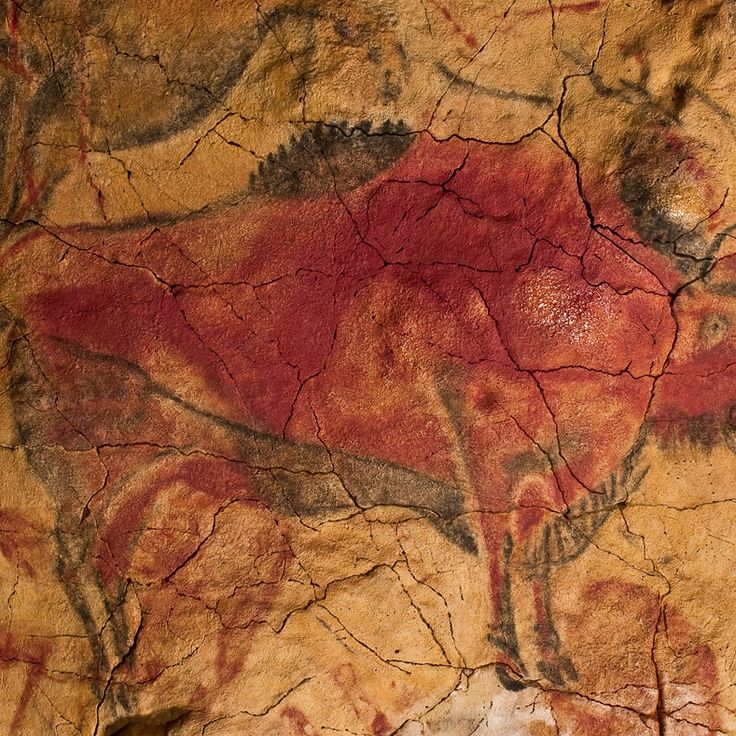
Santillana del Mar, Cantabria, Spain
This natural cavity contains Upper Paleolithic paintings depicting bison, horses, and abstract signs.
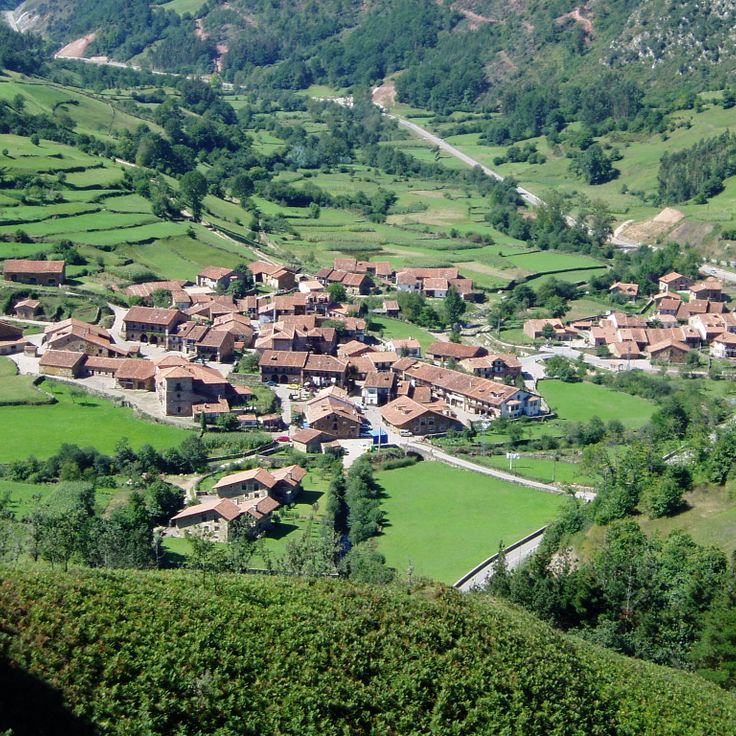
Carmona, Cantabria, Spain
A village situated at 600 meters above sea level in the Cabuérniga valley, surrounded by forests and crossed by the Carmona stream.
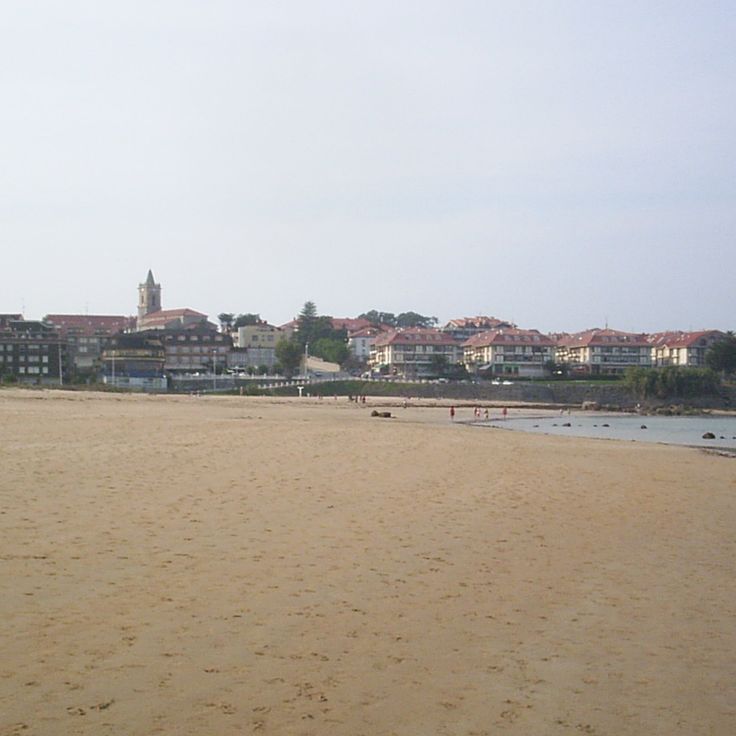
Noja, Cantabria, Spain
Coastal town with two main beaches: Ris and Trengandín. The historic center has several palaces and noble houses from the 17th century.
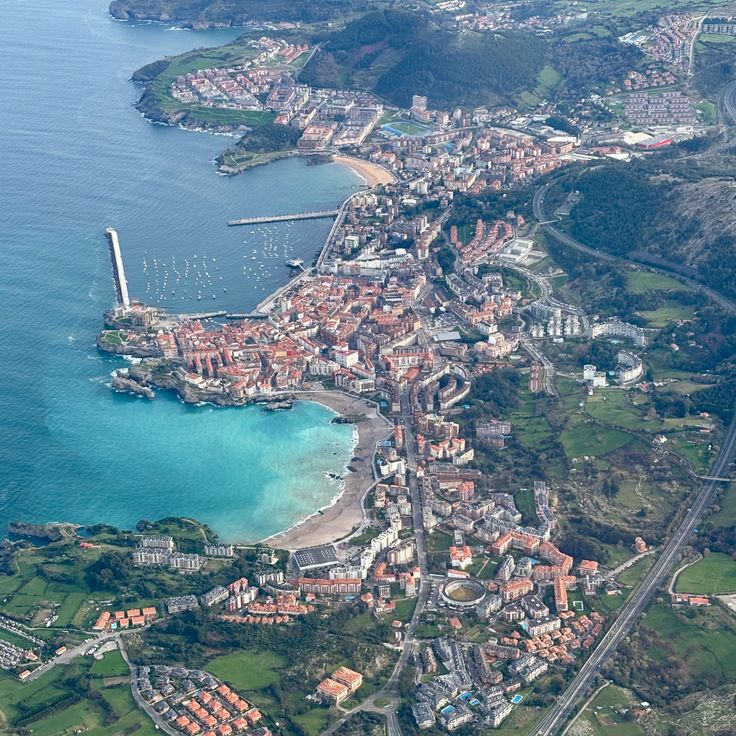
Castro-Urdiales, Cantabria, Spain
An active fishing port with a medieval castle from the 12th century and the Church of Santa María de la Asunción built between the 13th and 15th centuries.
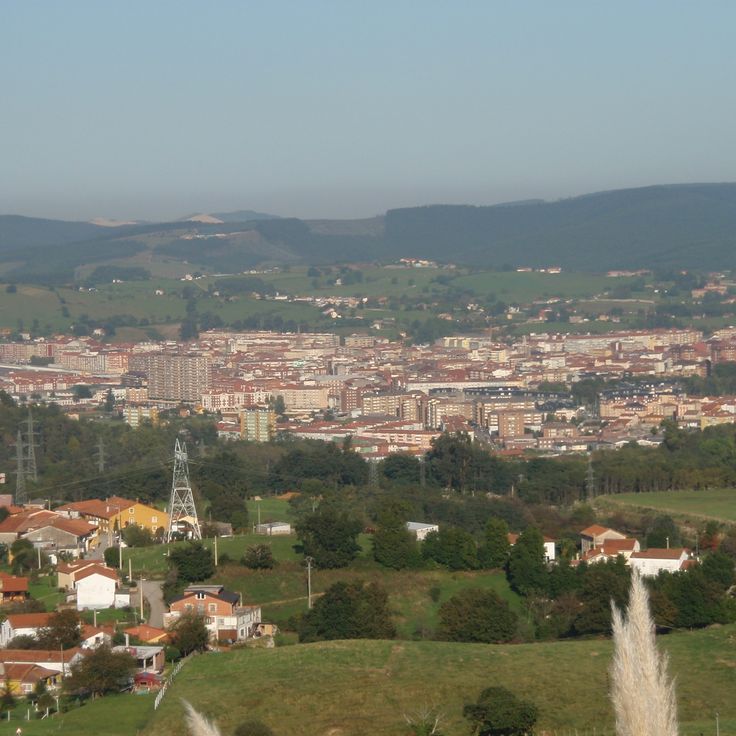
Torrelavega, Cantabria, Spain
An industrial and commercial center with 52,000 inhabitants. The city hosts the national livestock market and possesses significant 19th-century architectural heritage.
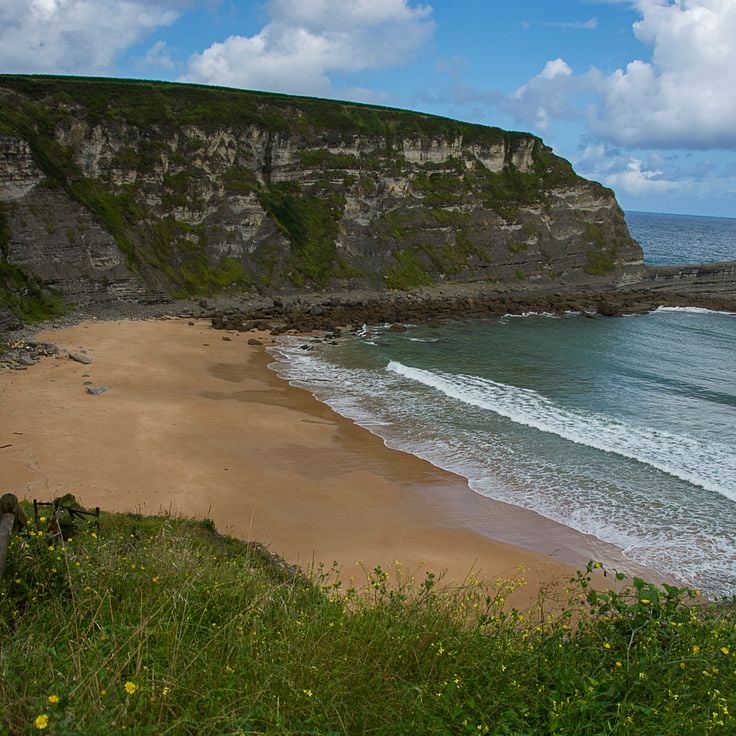
Langre, Cantabria, Spain
Golden sand beach of 1.5 kilometers surrounded by 30-meter-high limestone cliffs, accessible via wooden stairs.
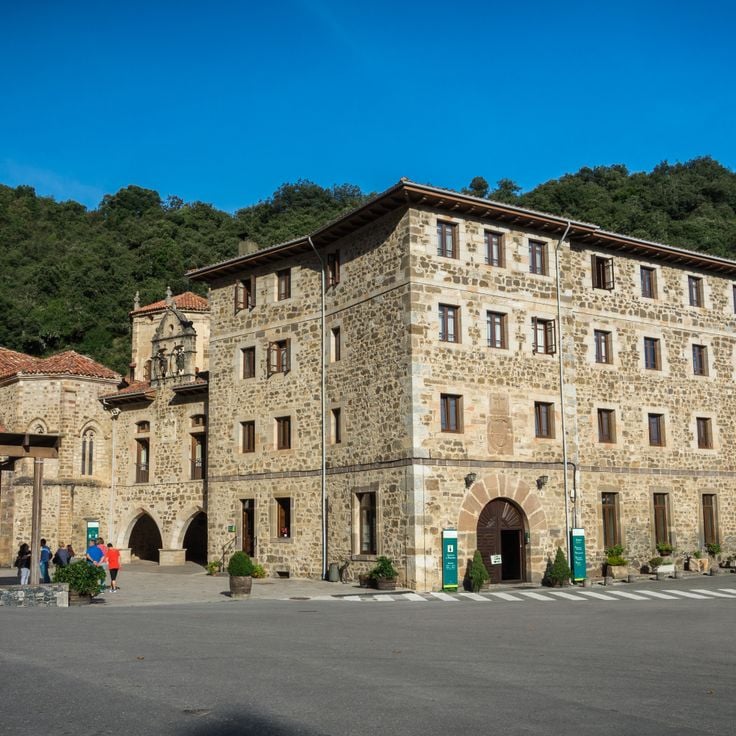
Camaleño, Cantabria, Spain
Religious monument founded in the 6th century in the Picos de Europa. It houses the largest preserved piece of the True Cross, attracting pilgrims.
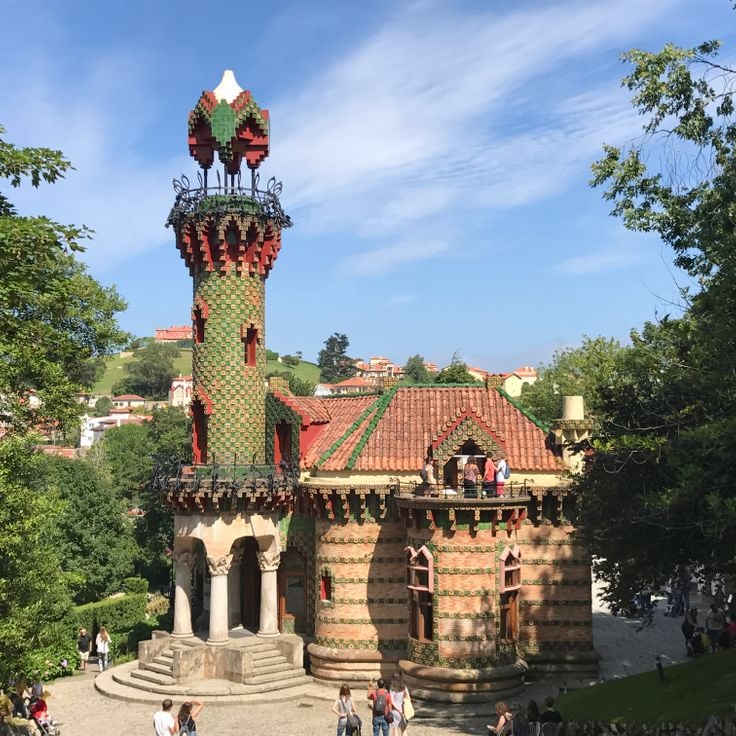
Comillas, Cantabria, Spain
Summer residence built between 1883 and 1885 by Antoni Gaudí. The building features oriental elements and uses colorful ceramic tiles.
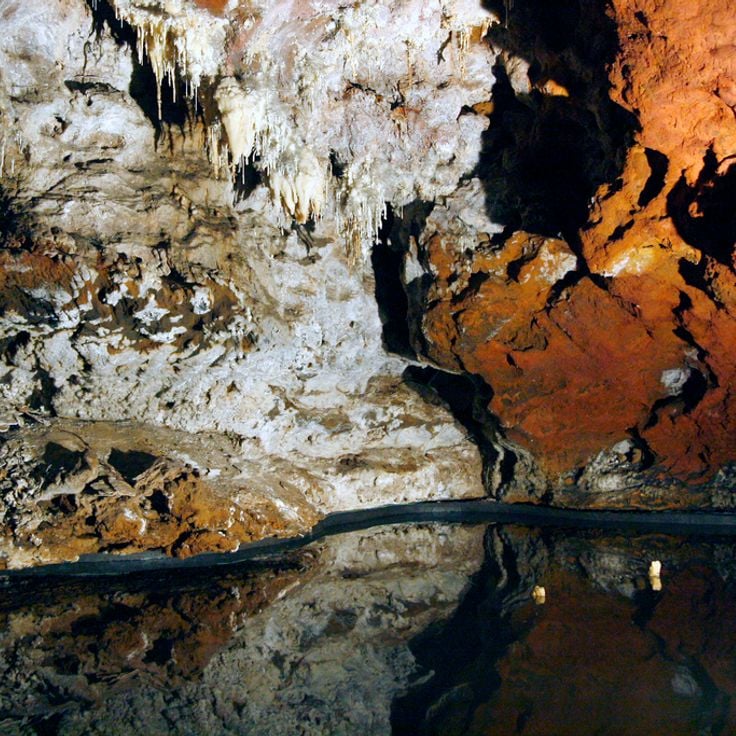
Rionansa, Cantabria, Spain
This natural cave showcases mineral formations and underground mining galleries from the 19th century, with a tour route of 1.5 kilometers.
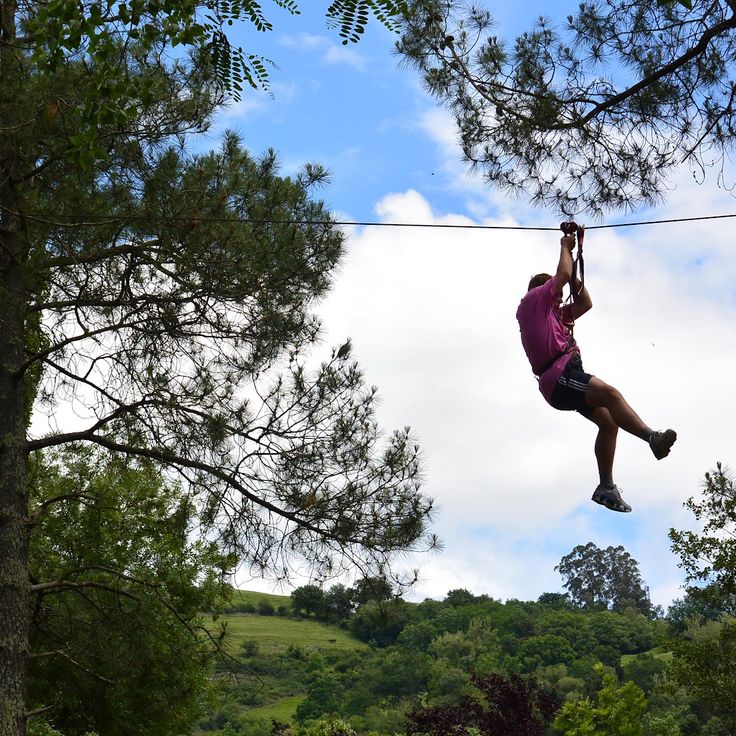
Alceda, Cantabria, Spain
Leisure center in a developed forest with zip lines, climbing walls, and tree courses for families. The site offers professional supervision.
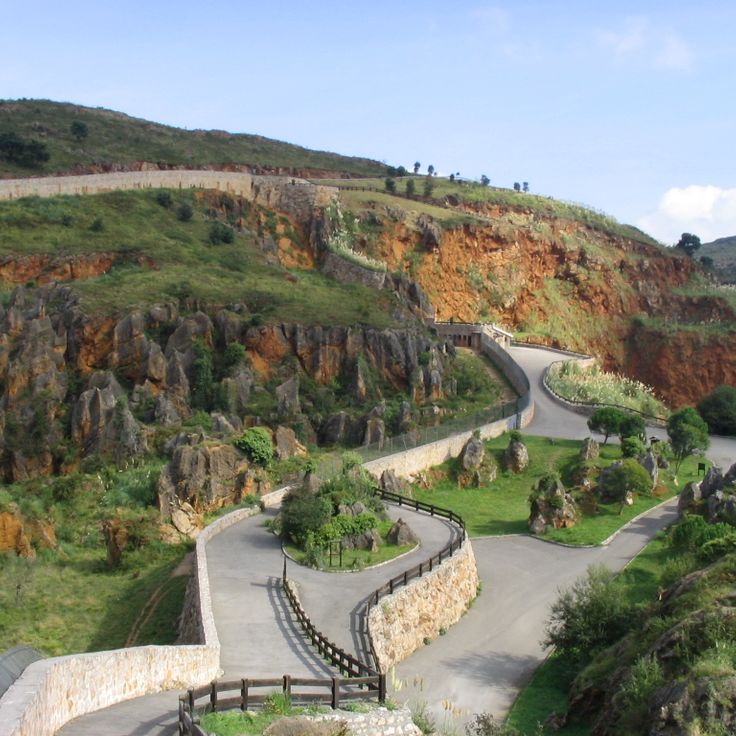
Cabarceno, Cantabria, Spain
A 750-hectare natural area developed in a former iron mine, hosting over 150 animal species in semi-freedom with walking trails.
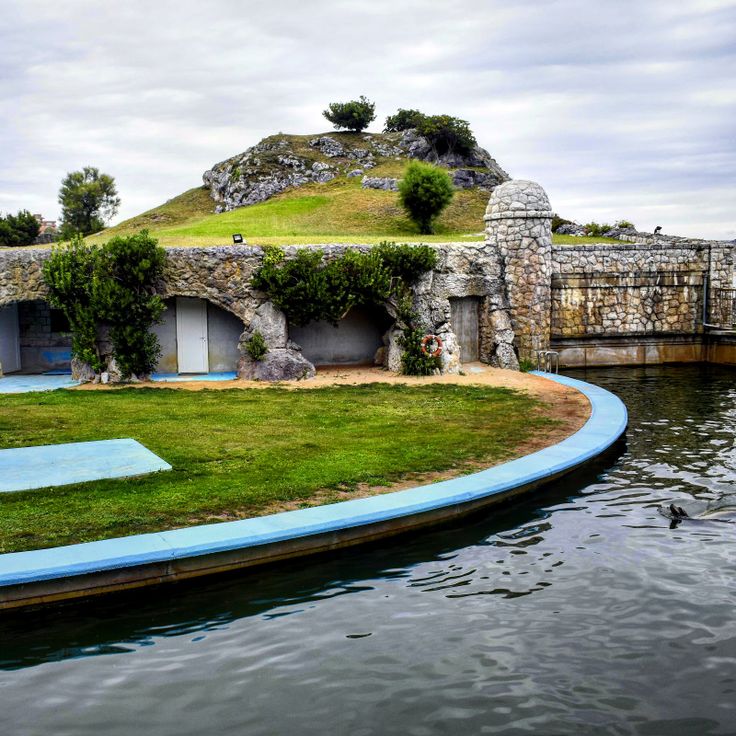
Santander, Cantabria, Spain
A 25-hectare natural area featuring a palace built in 1912, gardens, and several beaches accessible via coastal paths.
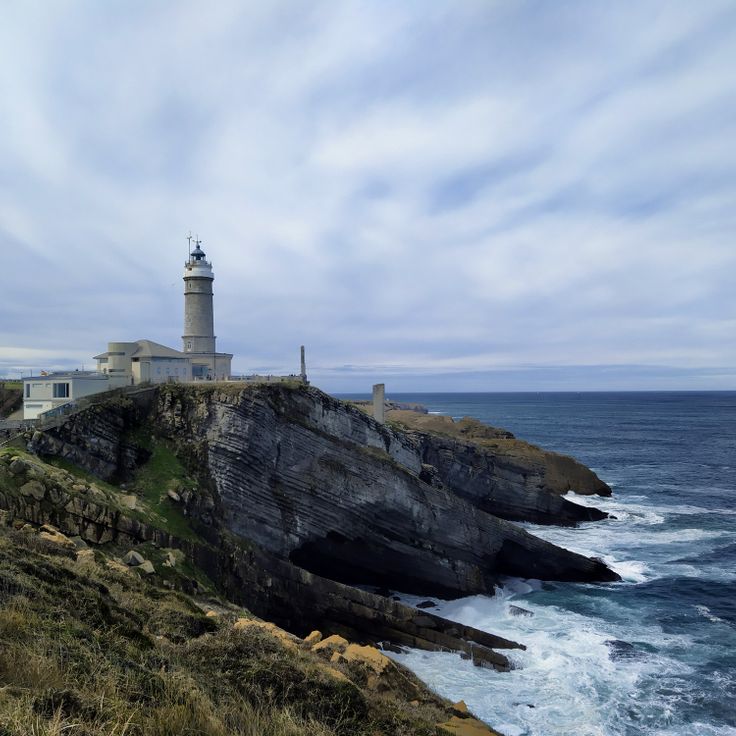
Santander, Cantabria, Spain
Maritime lighthouse built in 1839, perched on a cliff 91 meters above sea level, surrounded by a natural park.
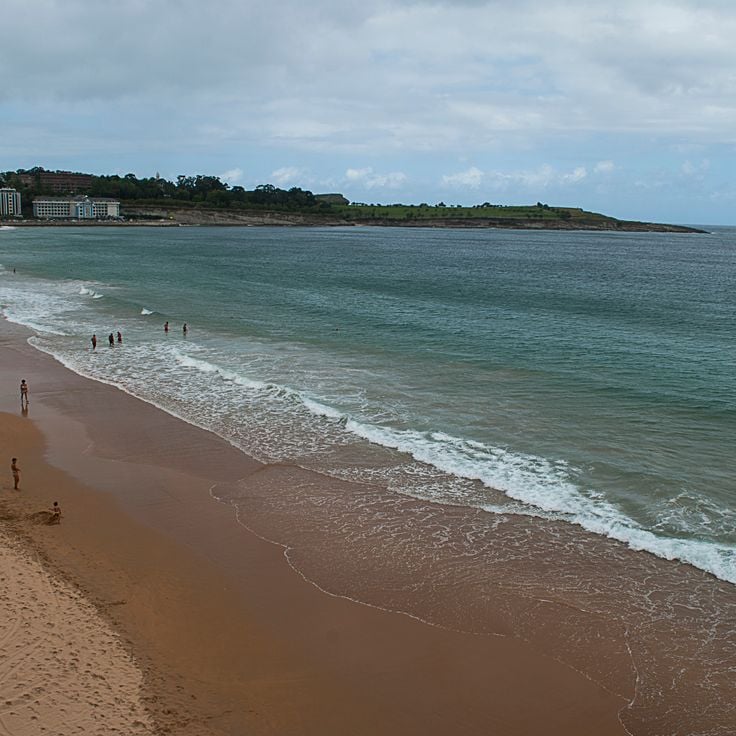
Santander, Cantabria, Spain
Two fine sand beaches stretching over 1.5 kilometers along the Bay of Santander, bordered by a seaside promenade.
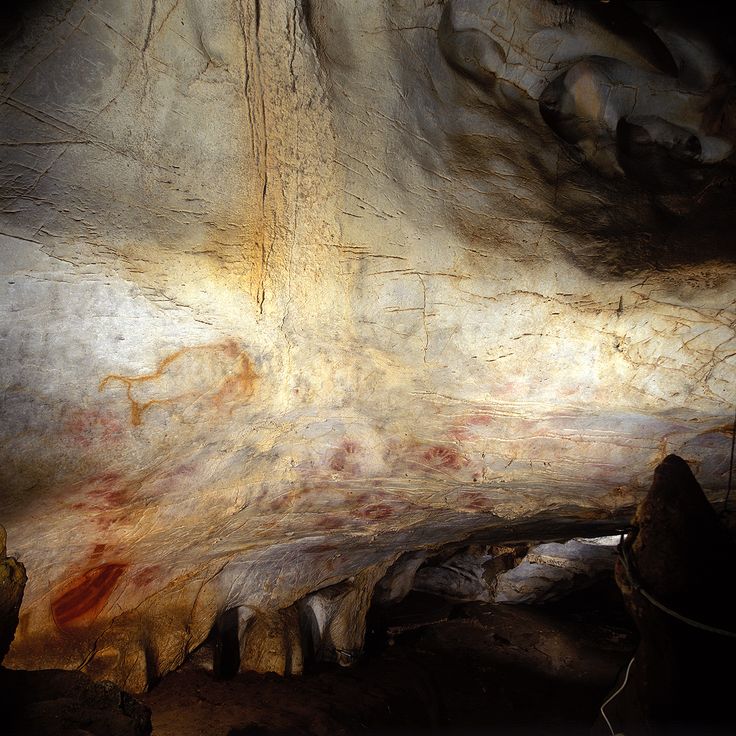
Puente Viesgo, Cantabria, Spain
Archaeological site containing rock paintings over 40,000 years old, including handprints and animal representations.
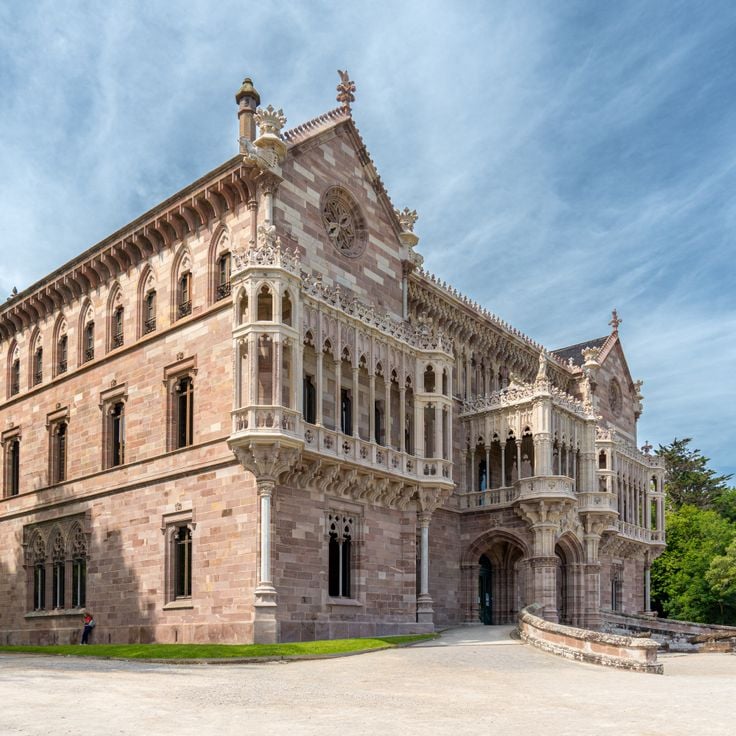
Comillas, Cantabria, Spain
Aristocratic residence built between 1878 and 1888 following Joan Martorell i Montells' plans, with a chapel and ornate stained-glass windows.
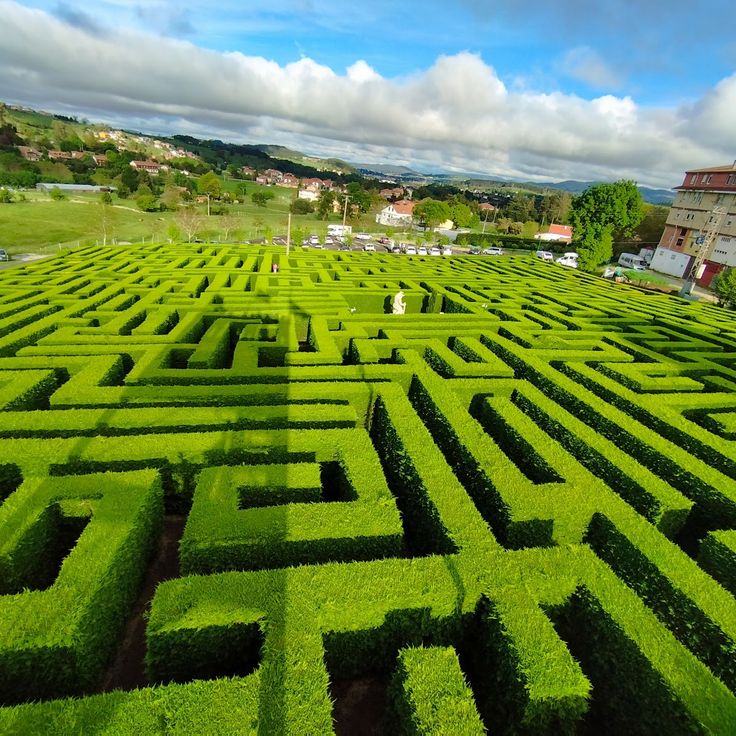
Villapresente, Cantabria, Spain
Vegan structure covering 5,625 square meters composed of over 4,000 laurel trees forming natural paths with a total length of 5 kilometers.
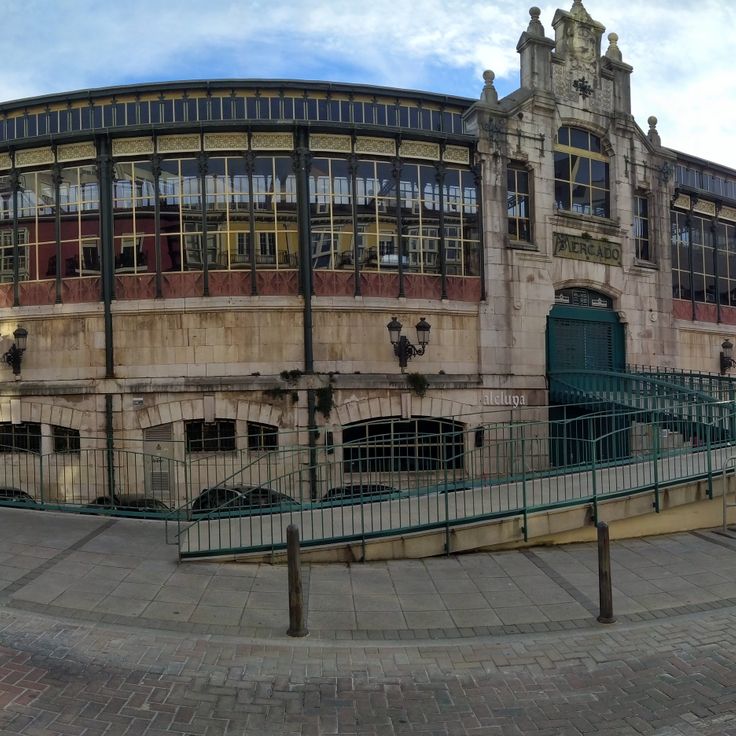
Santander, Cantabria, Spain
Historic building from 1904 with iron and glass structure, where fresh local products are sold on the ground floor and upstairs.
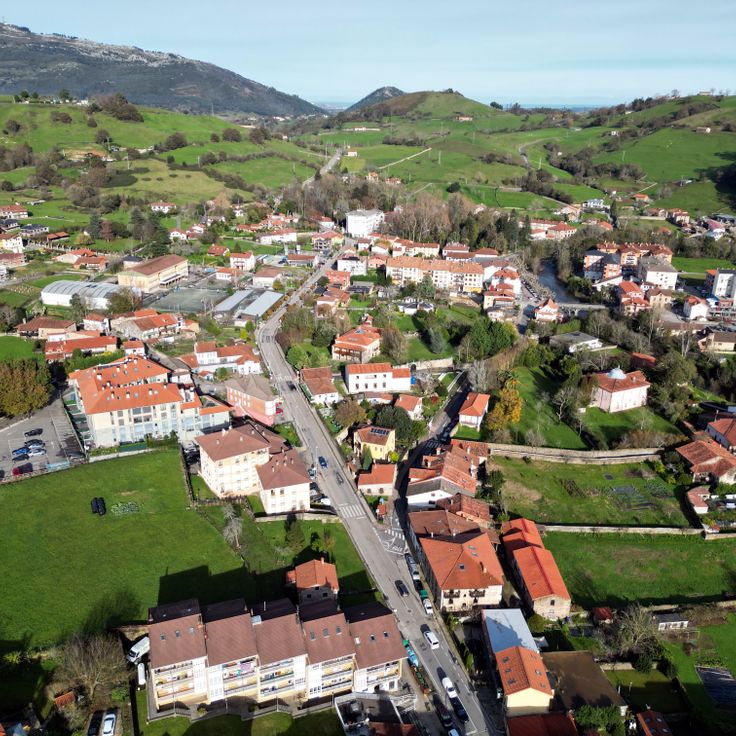
Liérganes, Cantabria, Spain
Locality with old thermal springs and houses built according to traditional mountain architecture, with wooden balconies and stone facades.
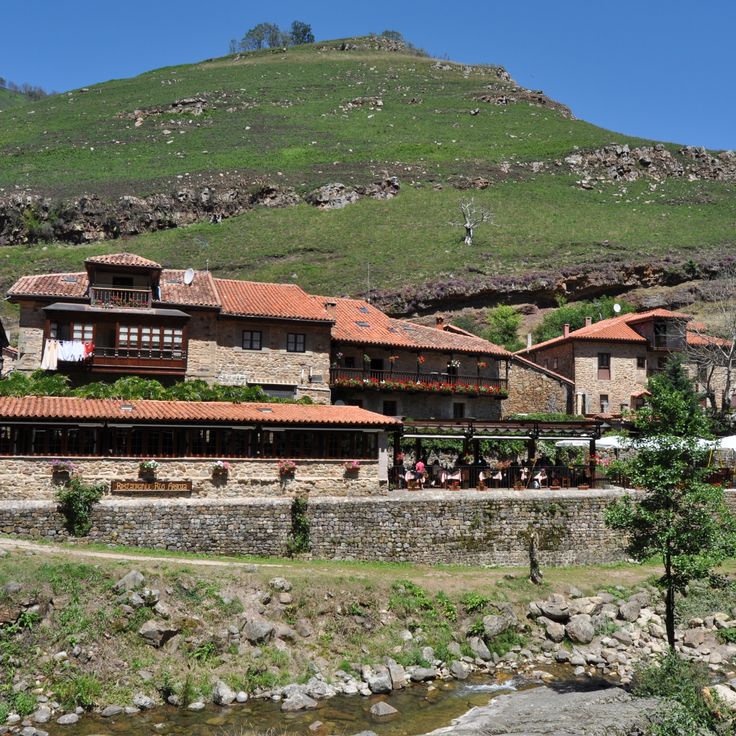
Los Tojos, Cantabria, Spain
Medieval village established in the 12th century in the Saja Valley, with cobbled streets and stone houses with wooden balconies.
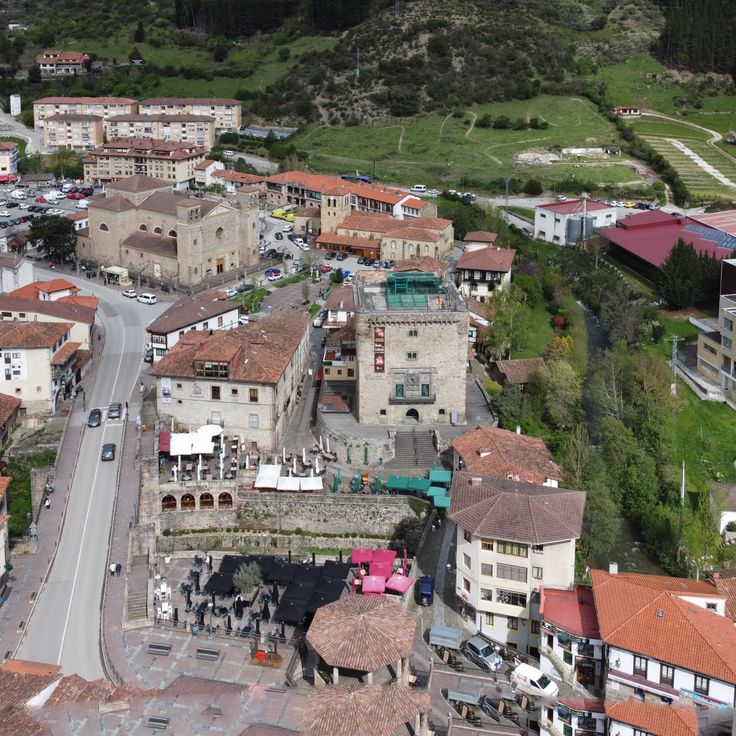
Potes, Cantabria, Spain
Historic locality located in the Liébana valley, with cobblestone streets, a medieval tower, and monuments from the 14th and 15th centuries.
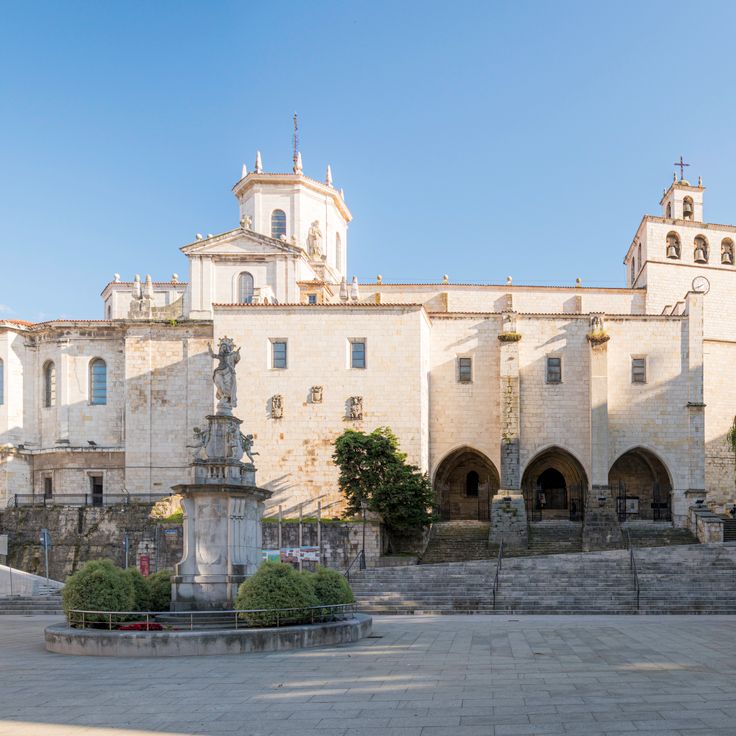
Santander, Cantabria, Spain
Religious monument from the 13th century built on two levels, including an upper Gothic-style church and a Romanesque crypt with vaults.
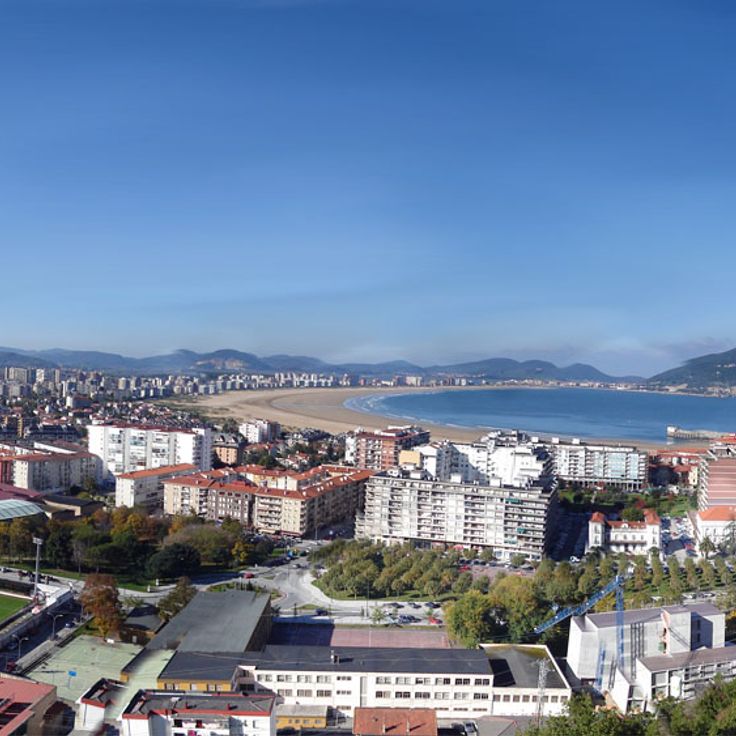
Laredo, Cantabria, Spain
This seaside resort has a marina and a sandy beach called La Salvé. The medieval center contains noble houses from the 16th century.
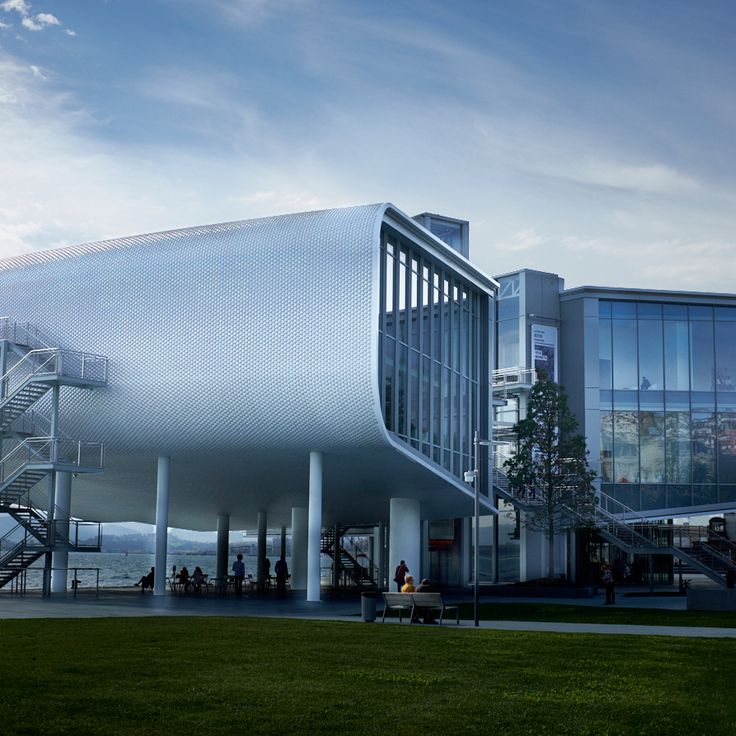
Santander, Cantabria, Spain
Cultural building opened in 2017, comprised of two ceramics-covered volumes hosting art exhibitions and educational activities.
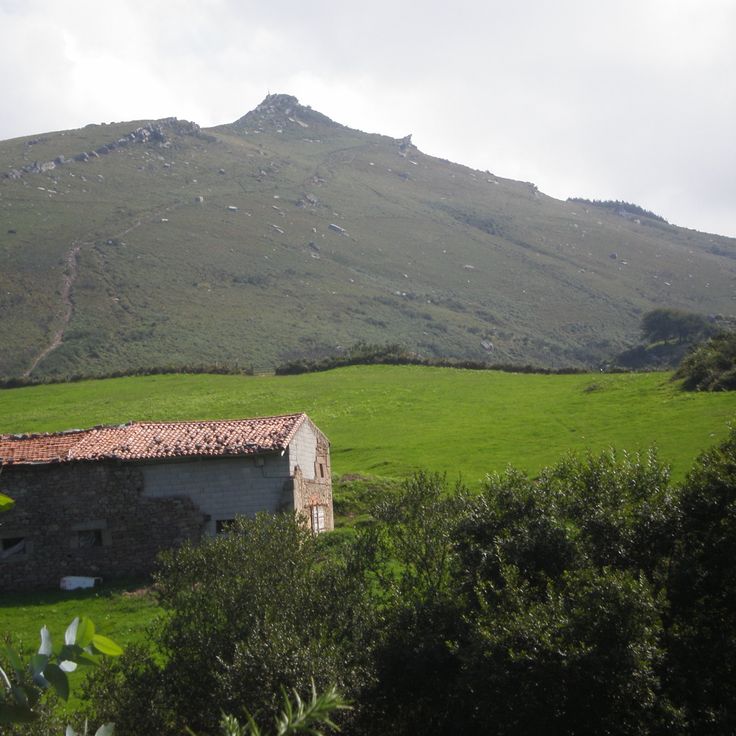
Torrelavega, Cantabria, Spain
This limestone elevation of 605 meters allows hikes on its slopes and offers viewpoints over the Besaya valley.
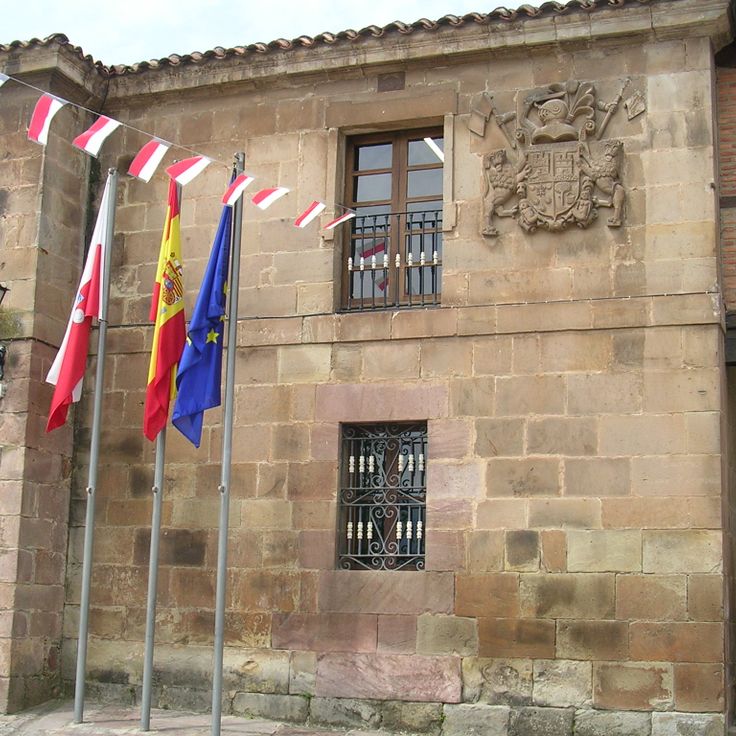
Cartes, Cantabria, Spain
This locality includes medieval monuments such as a 13th-century defensive tower and cobbled streets lined with ancient houses.
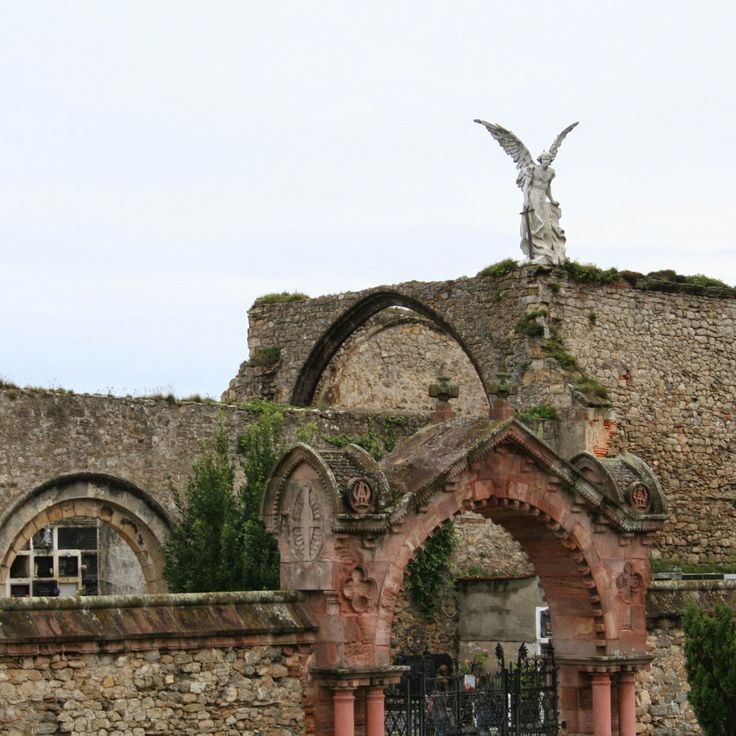
Comillas, Cantabria, Spain
This municipal cemetery from the 19th century is built on a hill facing the Cantabrian Sea. It contains several Neo-Gothic funerary monuments.
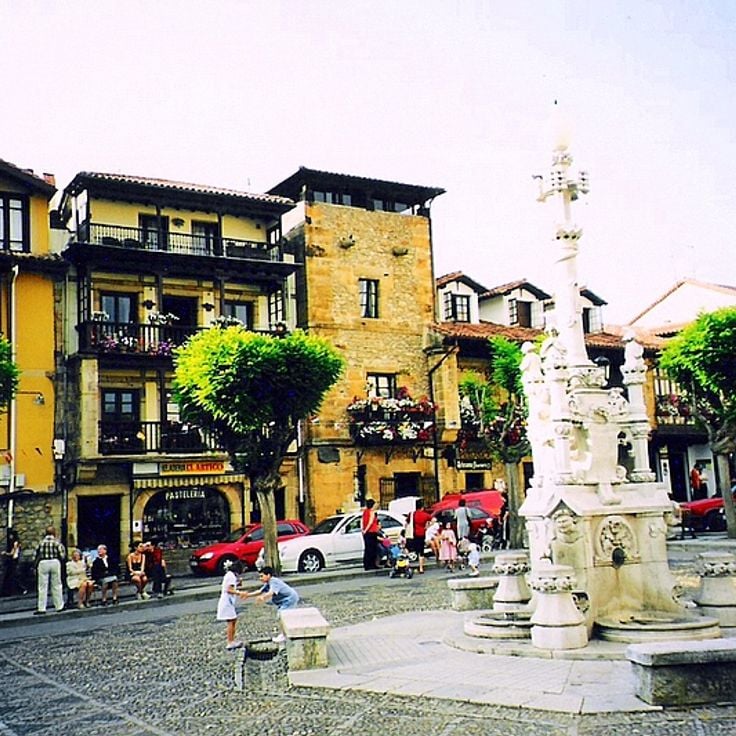
Comillas, Cantabria, Spain
This 18th-century fountain features three water jets and decorative stone elements. It is located on the main square of Comillas.